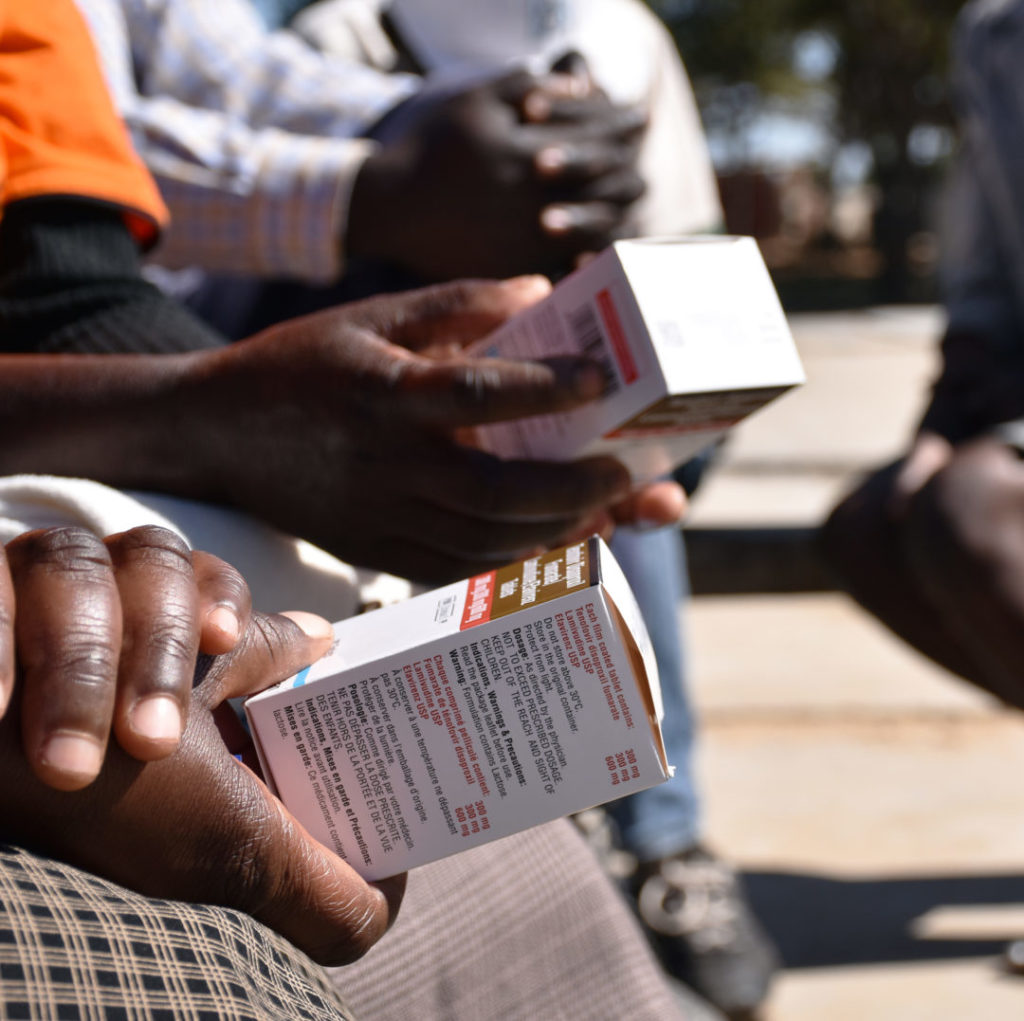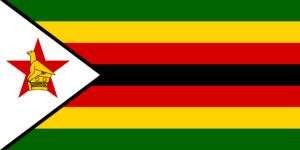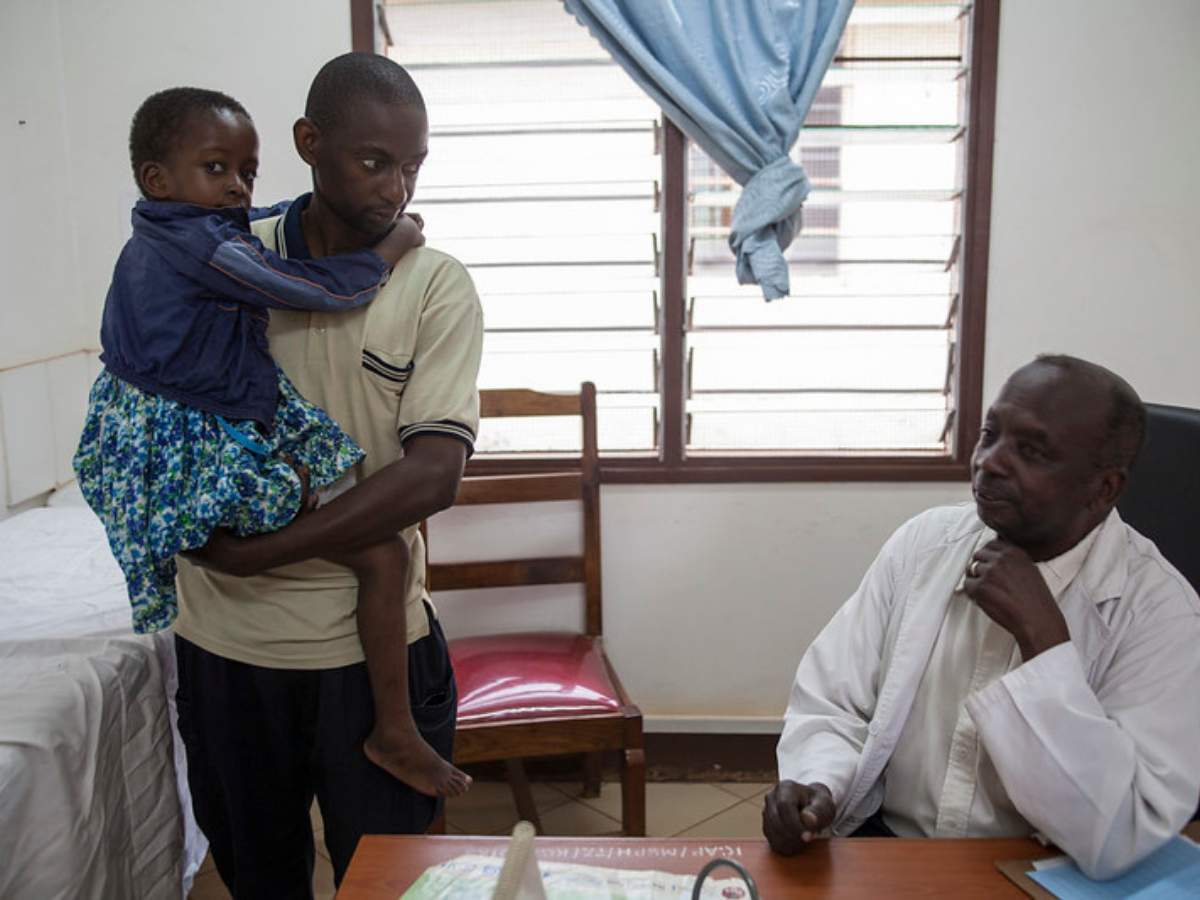Zimbabwe
Zimbabwe
Advances in differentiated service delivery (DSD) and antiretroviral drug optimization in Zimbabwe have made HIV care and treatment more acceptable and effective, leading to greater coverage and better health outcomes—especially for patients with advanced or unstable HIV.
With an in-depth understanding of the status of the national HIV epidemic through the Zimbabwe Population-based HIV Impact Assessment (ZIMPHIA) surveys conducted in 2016 and 2020, ICAP has continued working to improve service quality, strengthen human resources for health, and build capacity in epidemiology and strategic information (SI) for evidence-based HIV programs, policy, and response.

Projects

The CQUIN Project for Differentiated Service Delivery
- Multi-Country,
- current
ICAP in Zimbabwe
Active Years
- 2015 – 2022
Key Technical Areas
- HIV
- Differentiated Service Delivery
- Strengthening Health Systems
Current Funders
- Bill & Melinda Gates Foundation
Jobs in Zimbabwe
See the ICAP careers page to search all job listings.





